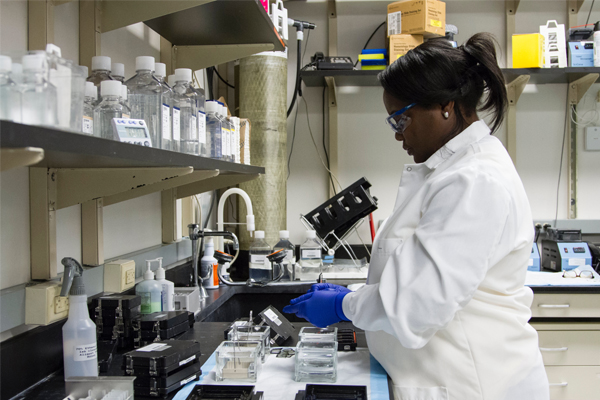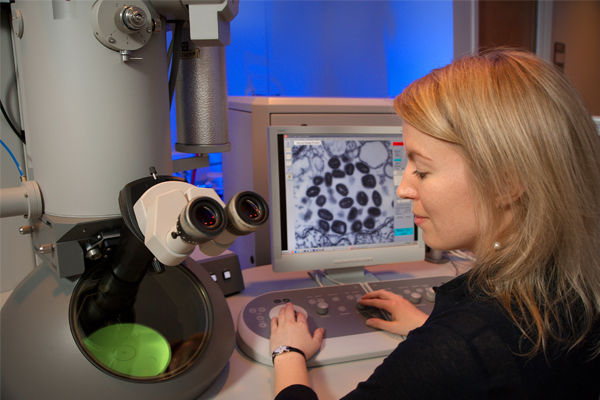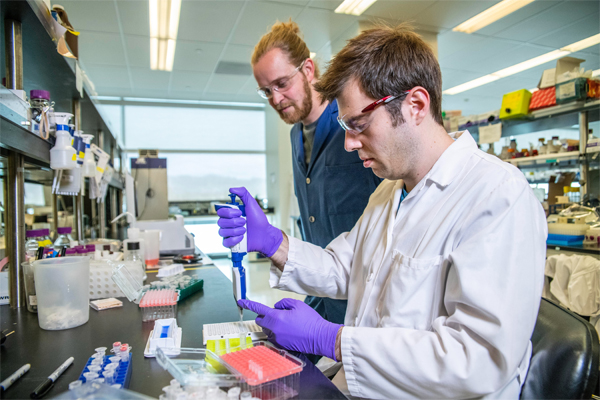The biotech industry’s first survey on diversity and inclusion (D&I) has revealed gender and ethnicity gaps, particularly in leadership ranks of member firms. Biotechnology Innovation Organization’s (BIO) first ‘most comprehensive’ D&I report looks at where biotech firms stand on representation in terms of gender and race/ethnicity.
Entitled Measuring Diversity in the Biotech Industry: Building an Inclusive Workforce, the reports shows that the biotech industry has not achieved gender parity, nor adequate representation of people of colour to reflect the market, particularly in leadership ranks. Although women represent 45% of the workforce at an organisational level, the number drops to just 30% of females in executive roles, and even fewer in leadership. According to the report, there are only 18% of female board members and just 16% of women CEOs in the sector.
UNDER-REPRESENTED RACES
Biotech companies are not representative of the US population either, confirms the report. People of colour account for 32% across the organisation level, however, that number drastically drops in senior leadership. People of colour account for just 15% of executives, 14% of board members and 12% of CEOs. Black and Latinx employees are particularly underrepresented in this sector, with even fewer Native American, Alaskan Native, and Native Hawaiian and Pacific Islander people represented in any role.

Overall, the findings show that startups, smaller and private companies have made better progress in increasing the representation of both women and people of colour in biotech. Startups/pre-revenue firms are more likely to have people of colour, making up one-quarter of their executive level workforce, and are also more likely to have a female CEO.
OTHER KEY FINDINGS
On a positive note, D&I is on the agenda for many of these firms, with 73% of biotech company leaders demonstrating a commitment to creating an inclusive environment. In addition, D&I is one of the organisation’s stated values or priorities for half the companies surveyed, while almost one-third have a stated goal to create an inclusive environment. However, the findings reveal that D&I programmes are still in the ‘nascent stages for most companies’ – with many still assessing the benefits of it.
That said, most biotech firms have accountability/reporting policies for harassment or bias (82%), making them much more common than training and official D&I programmes (52%). But 41% do not collect common diversity data, such as employee demographics or discrepancies in performance rankings, pay and promotion.
CAN ‘DO BETTER’
According to BIO’s Workforce Development, Diversity and Inclusion Committee (WDDI), improvement is still needed. “While these numbers show progress in some areas, we know that as an industry, we can do better,” stated Helen Torley, Chair of BIO’s WDDI Committee and CEO of Halozyme Therapeutics. “What is hopeful about this report is that many BIO member companies express a strong desire to do better – and a commitment to take the needed actions to get there.”
The report recommends that companies start by assessing where they are when it comes to D&I. From there, companies can expand to the collection and tracking of data on representation and implement required D&I programmes, such as leadership development and inclusive behaviour training, investment in pay equity, networking opportunities, reviewing hiring/career progress practices and more. In addition, the report recommends that companies pay particular attention to representation at the board level.

Image credit: Unsplash
TRACKING PROGRESS
“BIO will continue to publish an annual survey to track industry progress as it works to expand representation at all levels,” said Joanne Duncan, BIO’s President of Membership and Business Operations Division. “BIO has developed resources available at RightMixMatters.org such as BIO’s Diversity and Inclusion toolkit and the BIO Boardlist, that aim to help biotech companies achieve their diversity and inclusion goals. These resources can be particularly helpful for smaller companies that don’t have the staffing or resources to dedicate to diversity and inclusion efforts.”
The Research, carried out by the Center for Talent Innovation (CTI) in partnership with BIO, analysed data from an online survey of nearly 100 BIO member companies. BIO is the largest trade association representing biotechnology companies, academic institutions, state biotechnology centers and related organisations across the United States and 30 other countries.
Click here for a full copy of the report.








































